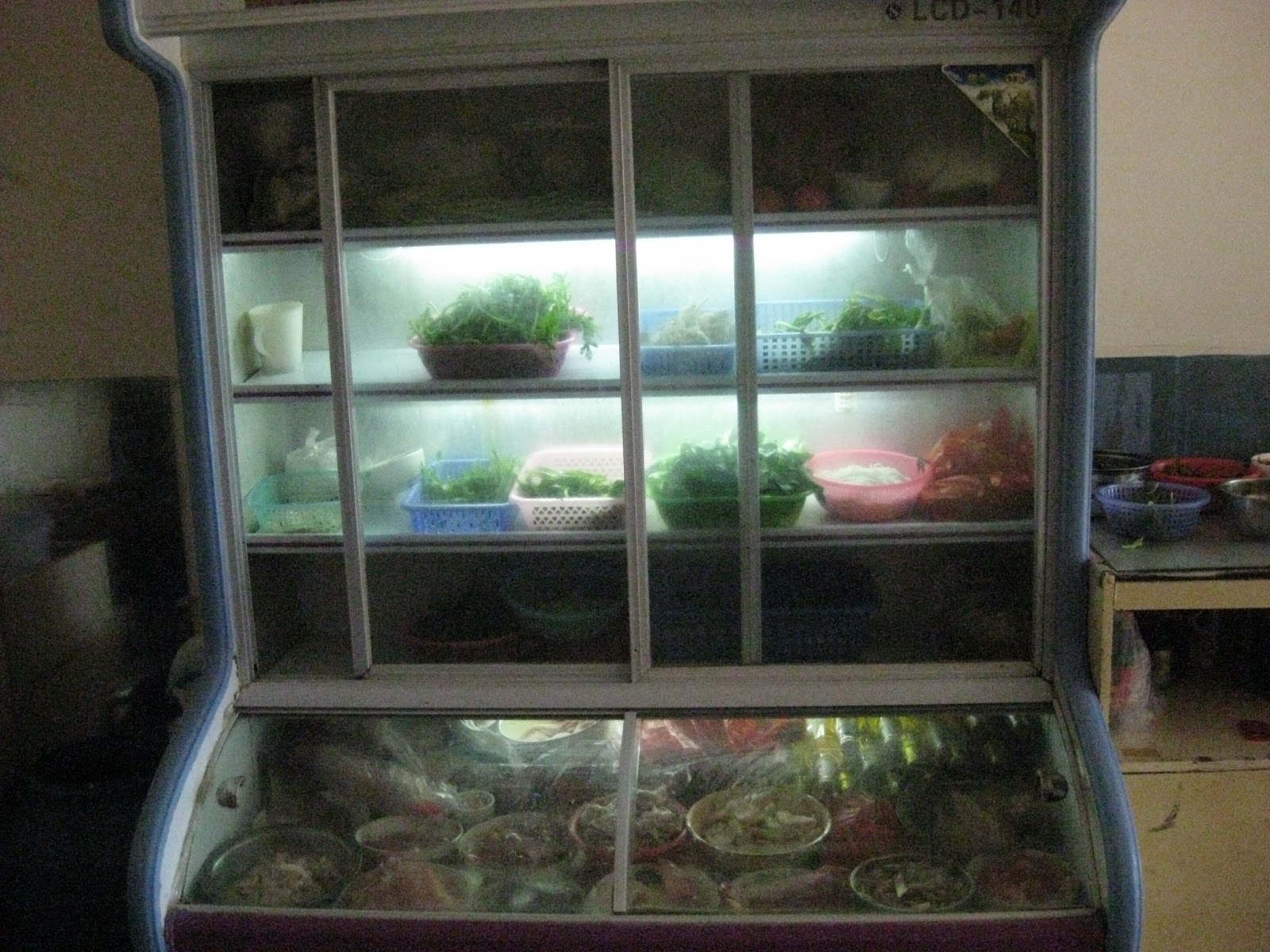“Travel changes you. As you move through this life and this world you change things slightly, you leave marks behind, however small. And in return, life - and travel - leaves marks on you. Most of the time, those marks - on your body or on your heart - are beautiful. Often, though, they hurt.”
― Anthony Bourdain, The Nasty Bits: Collected Varietal Cuts, Usable Trim, Scraps, and Bones
I believe that travel changes you. When you take yourself out of a world where you are comfortable, you make yourself vulnerable to the new and unfamiliar. You depend more on the kindness of strangers. You learn that your way of thinking is not the only way and is often not the right way.
When I came to Baoding six months ago, I didn't think that I would ever belong here. I was excited to spend a year living in a strange place, as an outsider. I looked forward to experiencing new and unexpected things every day. I looked forward to spending time alone and reading all the books I hadn't had time for in college. I looked forward to observing Chinese life and learning as much as I could. But I didn't expect Baoding to become my home.
For me, homesickness is aptly named. I miss my home and think about it every day. There are times when my longing for home is incapacitating. Iola, its people and its heart and its heritage, has an ironclad hold on my heart. But I believe it is possible to have more than one home, that hearts and minds can expand to hold all those changes that life makes on them. It wasn't until I left mainland China for Hong Kong last week that I realized how much I had come to think of Baoding as home. I began to wish constantly that I were home, but in my daydreams lefse and jiaozi were mixed up together. I felt an odd desire to tell people that I was from China, that the reason I couldn't speak any Cantonese wasn't because I was American, but because I was Baoding-ese. I honestly couldn't tell which place I wanted to go home to, I just knew that it was time for me to go home.
When I got to China, I was completely vulnerable. I didn't speak the language, I didn't know anyone, and I certainly didn't know how to teach. I am often stubborn and want to figure things out on my own, but in Baoding that wasn't an option. I needed to ask for help. I needed to accept kindness and patience from others. I found that kindness in an old friend from Carleton, in my co-teachers, in my students, in a rickshaw driver who speaks no English, in my American friends. When I left myself vulnerable, Baoding made an indelible mark on my heart.
Now I'm back in Baoding and getting ready to start the new semester. Even though my trip through southern China was the adventure of a lifetime, I am so glad to be home and to get back to teaching. I still feel homesick for Iola, of course. But it is mixed with a love for this place, and I know that when I do go home in July, I will feel homesick for Baoding.



































